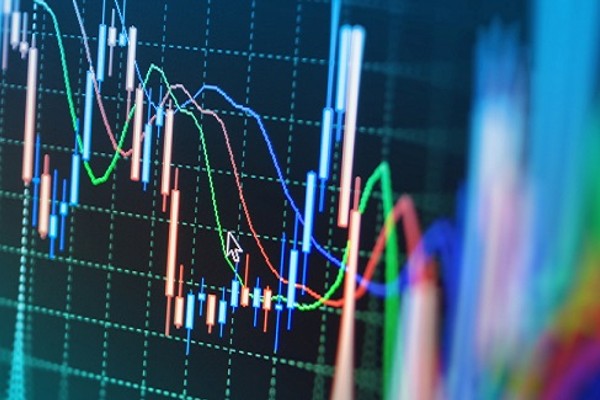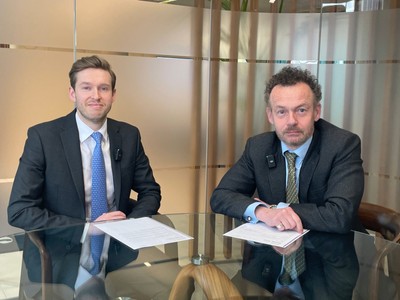Markets briefly lurched lower on the news, but soon shook off the gloom and instead cheered on the President Elect’s stated plans to boost infrastructure spending and broader fiscal stimulus. US equity markets last week made a “triple top” as the Dow Jones, S&P 500 and Nasdaq each hit all-time highs and the US dollar also spiked on expectations of higher inflation and interest rates.
Bond markets were shaken by the US election result and have continued falling back from what increasingly appears to have been extreme highs. The example of British American Tobacco successfully raising £650m of debt maturing in 2052 at 2.25% back in September may, have marked the top of the debt market - this bond is now trading 20% below par. Mario Draghi, President of the European Central Bank, speech is widely expected to announce a continuation of his QE programme in Europe. This may well provide support to bond markets in the near-term, although it will be interesting to see how far Draghi is willing to go with his extreme monetary policy, while the US is expected to resume tightening in December.
The global economy appears to be finishing 2016 with reasonable momentum, thanks primarily to a step-up in both the US and China. US GDP growth has accelerated from +0.8% in the first quarter to +3.2% in the third quarter, while recent non-farm payroll figures show unemployment running at a nine year low. Chinese debt levels remain a concern, but as yet they have not come home to roost and the economy has had a much stronger year than many commentators feared back in January.
The effect of this improved outlook can been seen in resurgent commodity prices; industrial metals such as iron and copper have all moved sharply higher and with OPEC seemingly having agreed to cap production levels, Brent has moved back above the $50 level. This should help to support those emerging economies that rely heavily on the export of natural resources and where much pain was felt when prices fell last year.
Within this context of improved global economic growth and higher inflation expectations, I continue to prefer equities to fixed income and I will remain vigilant over the next few months when we can expect the macro focus to shift towards Europe, where there is plenty of potential for further election shocks.
Fred Mahon is the fund manager of JM Finn’s Coleman Street Investments service. Click here for more information.
6 December 2016
The return of growth
Donald Trump has roared to election success and for the second time this year voters have emphatically rejected the status quo.

Related articles
Signs of economic improvement are emerging in the UK as inflation falls and consumer confidence stabilises.
How did JM Finn’s Investment Management Service portfolios perform in January?
Head of Investment Office Jon Cunliffe and Fund Manager James Godrich discuss the positive returns in equities and bond markets despite volatility.
If you like this article, follow us for more insights.
To receive more content like this subscribe today.


